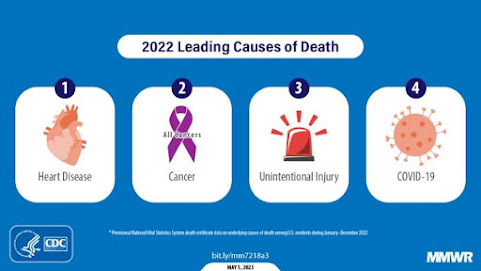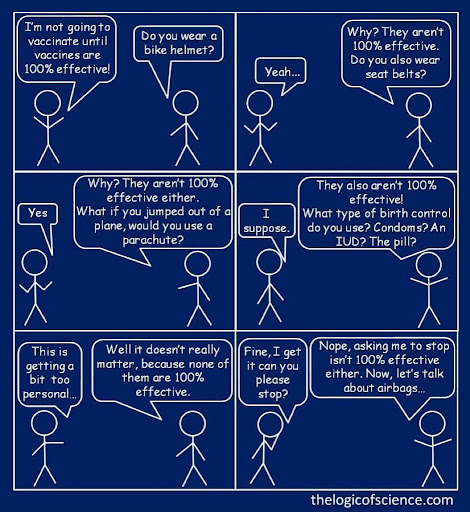I was once introduced to a new colleague who made very direct, sustained eye contact, and I thought to myself as I spoke with him: he's on track to be in admin. He just seemed the type to make connections and get ahead and would likely end up at the board office. But then, after talking to him a few more times and seeing him in moments of awkwardness, I thought, "Oh, he's autistic." That didn't change my reaction to him at all, of course, but it did help me figure something out.
That interaction was a lightbulb moment that helped me understand the many many times someone gloms on to me as if somehow I'm the most interesting person in the room, then, after a few conversations in which nothing appears to go wrong, they completely ghost me. They thought, because of my sustained eye contact boring into them, that I must be someone important, an alpha even. Then they figured out their error and shunned me, embarrassed by their own mistake. I'm fine with someone changing their mind about hanging out because that happens to the best of us, but the absolute worst part of it, worse that literally being pointed and laughed at by other adults, is when they suddenly understand that I'm on the spectrum and start talking to me like I'm a flippin' space cadet.
So, just last month you wanted to take me to lunch at some fancy place, and now you've concluded that I'm practically brain dead. Curious. It's always startling how abrupt that transition is for people. And how reliable.
Then mix that in with "you can only do that because you're autistic" like writing every day, which is a thing that writers do, but if you can't motivate yourself to do it, then the reason I can do it despite clearly being inferior to you must be my hidden superpower of being autistic. So things I can't easily do are laughed at openly and the things I can do are discounted. Lovely.
It's not tragic, but it is trying. These little things can eat away at people. Surely we know it's not right to behave this way with others, though, right??
A few studies show that people notice something different about people with autism in the first few seconds of an encounter (h/t Callum Stephen). In one study (Sasson et al, 2017), they filmed a variety of people, some with ASD (level 1) and some neurotypical (NT), in a 60 second mock audition. The study participants were assigned to one of five groups to watch the videos and assess each candidate on likability, intelligence, attractiveness, trustworthiness, etc.: audio only, visual only, audio-visual, static image, and transcript. Only in the transcript option were people with ASD rated as highly as NT interviews. Even the still image set them apart. (Is that why there are no good photos of me: Internalized ableism??) The study concluded,



























